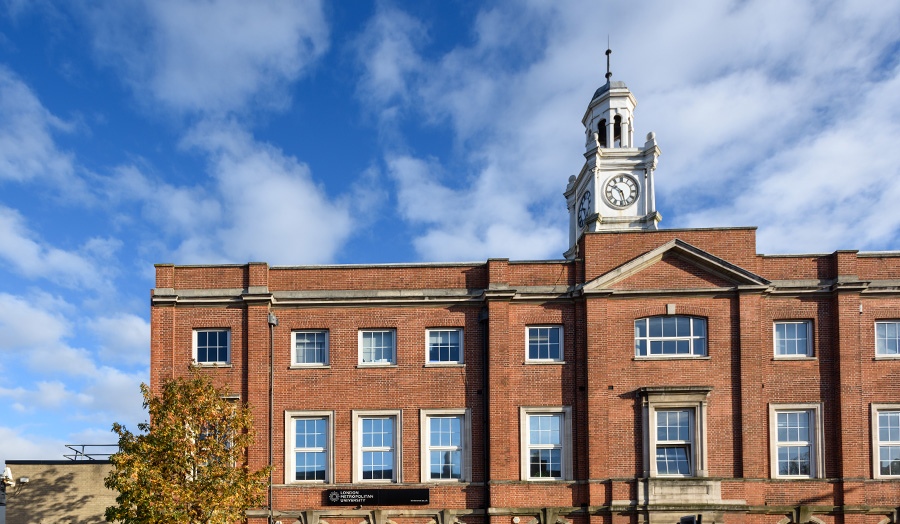Dr Julie MacLaren was joined by esteemed panellists from the NHS and academia as part of the ‘Migrant Nurses in the NHS’ Conference.
Date: 28 July 2023
Ahead of the launch of Lonodn Met's new Adult Nursing (BSc) course in September, Dr Julie MacLaren hosted a panel that explored the history, experiences, and issues faced by nurses and health practitioners who have come to the United Kingdom to work in the National Health Service.
The panel discussion was the closing section of the ‘Migrant Nurses in the NHS’ conference, organised by Julie and Professor Louise Ryan from the Global Diversities and Inequalities Research Centre. The conference and discussion was attended by current and former NHS nurses, academics from several institutions, researchers, and community leaders.
Making up the panel were Rohit Sagoo, founder of British Sikh Nurses and lecturer at Anglia Ruskin University, Dr Joanne Hutchinson, senior lecturer in Adult Nursing at London Met, and Dr Louise Salmon, careers programme manager for Refugees at London Met’s Refugee Assistance and Guidance Unit.
The discussion echoed many of the sentiments from previous presentations at the conference, and explored themes such as cultural working differences, the need for support systems, and issues the NHS is currently facing.
Julie MacLaren commented “It was amazing to provide a space where panellists and members of the audience were able to discuss their shared experiences migrating to the UK and working in the NHS.”
Rohit detailed how his advocacy group, British Sikh Nurses (BSN), addresses the health and well-being needs of the South Asian community in the UK, and how its grassroots outreach work bridges the gap between the NHS and the South Asian Community.
A key element of BSN’s work, he explained, is teaching the many cultural differences that come with working in the UK. “We teach nuances and colloquial sayings and accents to help nurses really adapt and function within their society.”
Louise Salmon, who works with refugee health professionals in their employment, also helps people to adapt to working in the UK. She detailed the numerous barriers refugees face when trying to work within the NHS, including prejudice, harassment, and extensive issues with documentation and registration.
“Documentation presents a huge problem for displaced peoples, for example it is almost impossible for Eritreans to access registration. At RAGU we try and help refugees to navigate the different cultural aspects of working in the UK, as well as the clerical issues.”
Dr Joanne Hutchinson, who migrated from Tobago in 1991 to work in the NHS, spoke about the difficulties she faced in her working life and professional development. “There wasn’t equity across the trust I worked at, and I felt I was treated unfairly. I wasn’t given the same opportunities for staff development, I had to fight hard for everything, especially to do my masters. When I started working I wasn’t even provided a locker.”
The panel also discussed London Met’s new nursing course, and the ways to support and teach the next generation of NHS nurses. Julie MacLaren explained the vision for the course “We are involving people from the local community as stakeholders in the preparation and delivery of our nursing course. This will help us to ensure we respond to local health care need and prepare the nurses that understand the care needs of North and East London residents.”
Rohit further added that “Supporting students is essential, especially through their placements. Care must be holistic and take into account cultural differences, and ultimately you must provide a safe space for students.”
In September 2023, London Met will be introducing the nursing division of the School of Human Sciences. Level two of the Learning Centre at Holloway campus will be transformed to become part of the Science Centre, making space for new facilities and innovative technology, and more importantly, a new exciting cohort of nursing students.

